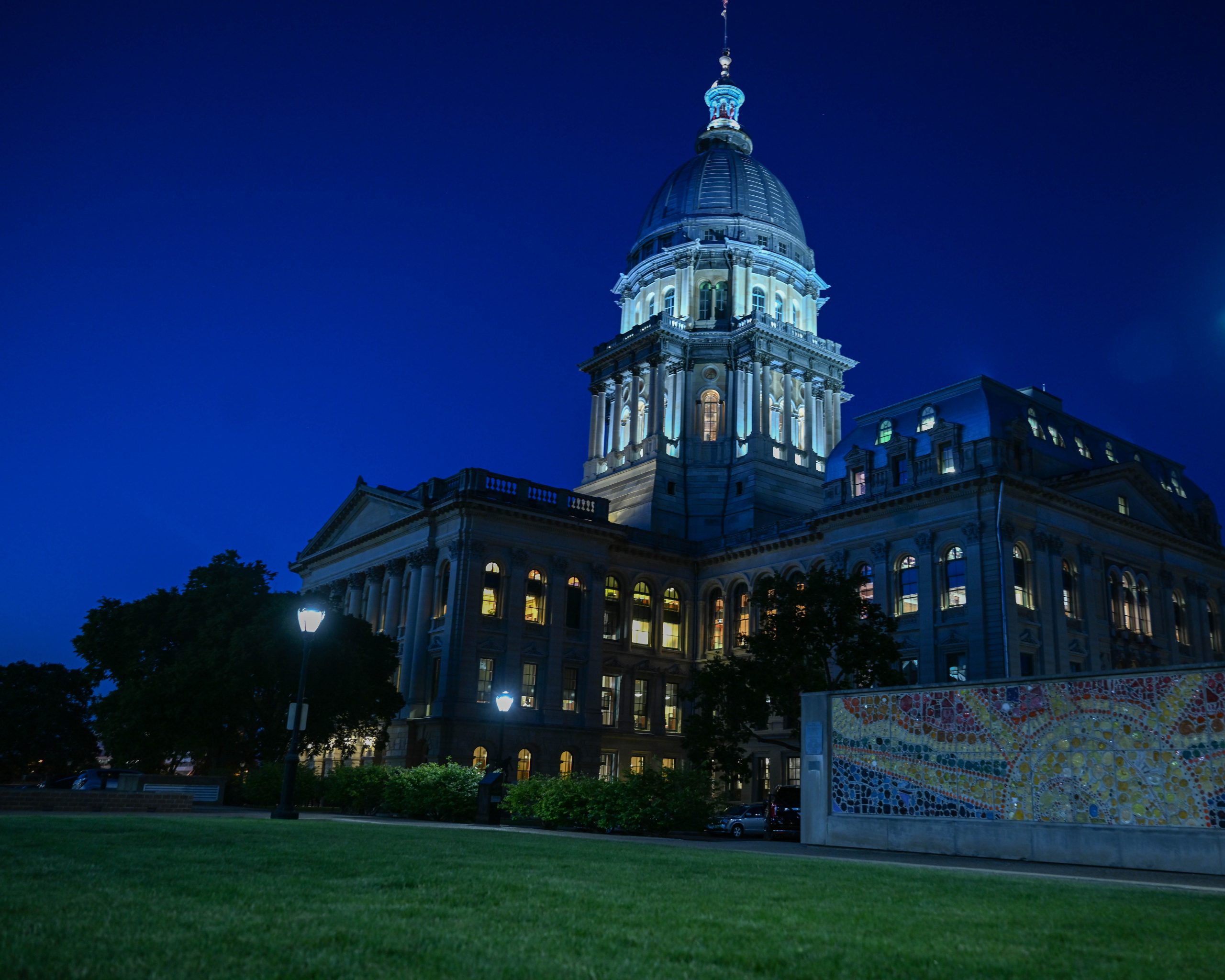On Friday, Governor JB Pritzker acted to restrict a medicaid-style program to provide health coverage to undocumented immigrants. The program was initially created in 2020 to cover those immigrants 65 and older and has since been expanded twice, currently covering those 42 and older. In response, House Minority Leader Tony McCombie released the following update:
This session, the majority party should have addressed the concerns of the increasing enrollment and skyrocketing cost of state-funded health insurance for immigrants who are in the country illegally, but they did not. Instead, they opted to give the Governor full authority to make the decisions. I am pleased the Governor listened to the countless concerns around the $1.1B program, and agreed with the Republican-led initiative of HR220 to take action.
Filed by Deputy House Leader Ryan Spain (Peoria), HR 220 emphasizes the need for an audit and a pause in new enrollees to address the financial challenges we are facing. It is important to exercise fiscal responsibility, both in the short-term and long-term, to ensure sustainability, and it is crucial to assess the impact of these expansions, particularly as they are not eligible for federal matching funds.
To give credit where credit is due, Gov. Pritzker made the right decision to close enrollment for the state-funded health insurance program for those undocumented under age 65 and cap enrollment for those 65 and older to 16,500 people. According to reports, these changes will be effective July 1st. People enrolled in the program have a co-pay of $250 for inpatient hospitalizations and $100 for emergency room visits if the services they receive are not eligible for reimbursements from the federal government. There also will be a 10% coinsurance charge for outpatient services at hospitals or ambulatory surgery centers. As of June 7th, there were 63,255 people enrolled in the program.
The majority party passed a $50.6B budget and it is more important than ever that Illinois prioritizes fiscal responsibility and ensures that taxpayer funds are used for essential programs that compassionately serve our most vulnerable. The Governor’s decision was imperative to manage costs and help to ensure state resources are utilized fairly and efficiently.
